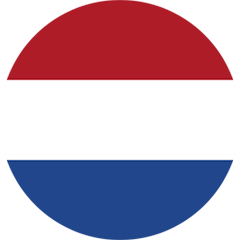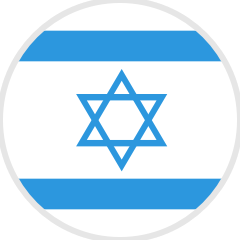How to Make Language Learning a Habit
Fluency. It’s an inspiring goal to think about, but at the same time, it can feel overwhelmingly daunting. I remember when I first tried to learn a language, I spent years chasing fluency and not even reaching competency. But I eventually learned that fluency is achievable, and while much of my writing has to do with efficiency hacks and the neuroscience of learning, I do have to acknowledge that people have become fluent in all sorts of languages long before Fluent Forever ever came out. Many of those people never touched a flash card, never used a frequency list, and never began with ear training. But all of those people built a language learning habit, and so that’s what I want to discuss today.
The Importance of Habit Formation in Reaching Fluency
Language learning, after all, is a marathon. There’s simply too much information that you need to cram into your brain to do it in a day, a week, or a month. You need to apply sustained effort over months or years, and you need to do it in the face of a busy life that involves surprises, illnesses, vacations, and any other curve balls that life throws your way. Life is chaotic, after all, and despite that, we’re generally able to brush our teeth on a daily basis. Some of us drink coffee on a daily basis. Some of us read, or listen to the news, or doom scroll on Reddit. These daily activities are able to stick with us despite life’s chaos, and these activities are the key to succeeding at any long term goals that can’t be banged out in a few days or weeks. Language learning just happens to be a perfect example of this kind of long term goal. You need to build a habit here in order to succeed, and no collection of learning hacks will let you get around that fact.
As such, it seems like we should probably learn a bit about habit formation. After all, while you can’t use learning hacks to avoid the necessity of a habit, you can use habit building hacks to make habits easier to create. To do this, we’ll combine three key elements: A Cue, a Routine, and a Reward. Your Cue might be turning on your coffee pot in the morning, prompting you to pull out your flash cards while the water boils. Your Routine might involve doing those flash card reviews. And the Reward? It might be the thrill of remembering a new phrase, the joy of pronouncing a word with a fabulous accent, or even a literal celebration – yelling out “I’m awesome!” – after a study session. Every one of these moments – Cue, Routine, and Reward – has nuances that we can optimize so that your habits form faster, form stronger, and make your journey to fluency a lot easier.
We’ll talk about ways to personalize these moments to fit your needs, and just as importantly, we’ll talk about troubleshooting around the curveballs that life will inevitably send your way. After all, your habit is only valuable if it can carry you through the hard moments, not just the moments when you’re already feeling excited about learning.
To that end, I want you to learn about habits in the same way that I want you to build your habits: in small, digestible steps that take a small amount of time and effort. We’ll learn all the necessary skills in just a few minutes at a time, rather than cramming a bunch of tasks and information into your head over the course of hours and hours.
And so, my first task for you on this journey is this: hook me up with your email address. I’ll send you a little thing to think about each day, and after a couple of weeks, you’ll know everything you need to know about habit formation for language learning. And with that in place, you’ll have the most important foundation you need to reach your fluency goals.
[shareaholic app="share_buttons" id="28313910"]
















